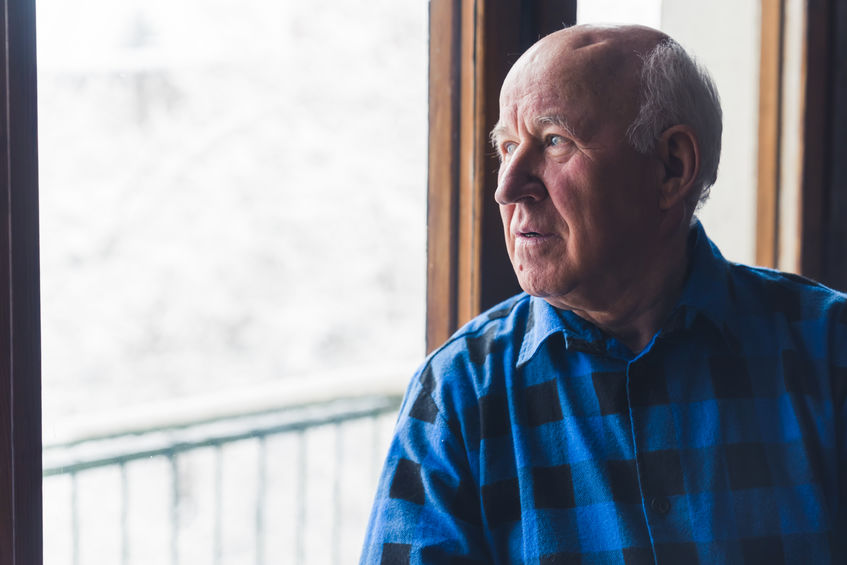
Dementia typically involves problems with memory, thinking, behavior and motor control. If you’ve ever spent time with someone who has some form of dementia, it’s best described as if they’re a “phantom” of their former self… they’re “not the same person they used to be.” It’s really sad to see the cognitive decline a person with dementia experiences.
Forgetfulness
Though there are different types of dementia, perhaps the best known is Alzheimer’s, which gets a lot of attention in the press. The main sign a person might have Alzheimer’s is that they experience memory loss that disrupts their daily life. More specifically, they forget recently learned information. They might also ask the same questions over and over again.
Trouble Completing Tasks
If you start to notice someone you love has trouble completing familiar tasks, like zippering up their hoodie or remembering directions to their favorite store, those are signs of dementia. Trouble concentrating/following conversations, being confused about time or place, balance problems, driving issues, wandering, and misplacing items without the ability to retrace their steps and find them are all signs of dementia. Also, decreased or poor judgment especially when it comes to decision-making is another sign.
Socially Withdrawn
Meanwhile, a person with dementia may withdraw from their “normal” social activities and you might also notice a distinct change in their mood or personality. For instance, a person with frontotemporal brain dementia may become angry and demanding around you even though you always knew them as sweet and gentle. The inability to control emotions, behavior, personality and temperament are signs of this particular form of dementia.
Dealing With Dementia
Oftentimes people with dementia insist there’s nothing wrong with them. They might say, “Oh, it’s just aging. I’m just old and forgetting a few things– no big deal.” But those around them who are perceptive might notice major changes and request the person visit a neurologist. The doctor can run some tests and determine what kind of dementia they’re dealing with, and how “severe” it is.
Is there any help for those showing signs of dementia? Yes– those utilizing Microdose Therapy have shown symptom improvement, with a noticeable reduction in pain and inflammation in three weeks. Microdose Therapy, provided by the Helen Foundation, is patient self-administration of cortisol. It involves a patient manual, an electronic monitoring system, a confidential messaging service, a coach, and teledoctor.
Want to learn more? Call 812-TO-HELEN (812-864-3536).
